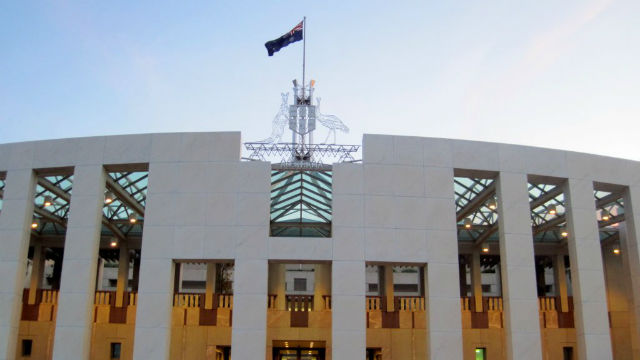

Over the last 40 years or so, there have been great changes in the Australian family system, especially in the importance of marriage as a permanent relationship and, hence, the best environment within which children may be raised to maturity. De facto or cohabiting relationships, along with couples in a registered marriage, now constitute what we call the ‘socially married.’ A much larger proportion of children are now born and raised in de facto families. More children are born to single mothers.
Nowadays, marriages, both registered and de facto, break up much more frequently than in the recent past. Marital stability is a serious problem having adverse effects upon both adults and children. This study argues that family law is a factor in this instability, and reform providing for consensual applications for divorce in the first instance would be desirable. If that is not possible, the Family Court must hold a hearing into the reasons for failure of agreement and determine a settlement before the divorce is granted, after the usual one year’s separation.
The birth rate between 1961 and 2000 declined from 3.5 children per woman to 1.73. There is a positive relationship between marital stability and a buoyant birth rate insofar as confidence in the future of the marital relationship is a factor in the decision to have children, but this in turn is dependent upon other factors examined in the study.
The birth rate increased significantly between 2001 and 2007–08 from 1.73 births per woman to 1.93. This increase is strongly associated with the rising prosperity of that period, rapid growth in incomes across the board, and low levels of unemployment.
Among other factors supporting a rising birth rate has been the increased level of federal government support for dependent children during this period. This study argues for maintenance of this support but in a much more simplified, principled and universal form, free of means testing, as an efficiency and equity measure, and not simply as part of a pro-natal policy.
The advent of the current recession, along with present policies and expenditures, are likely to reverse the increase in the birth rate by removing confidence in the economic future, by promoting higher levels of unemployment, and by stalling or reducing government support for dependent children. Unless family law and policies are rapidly changed, family stability and a buoyant birth rate will be at risk with implications for the ageing of the population in the long term.
Barry Maley is Senior Fellow at The Centre for Independent Studies and a former Senior Lecturer in behavioural and social sciences at the University of New South Wales. He has published widely with the Centre on issues in social policy and family matters.










